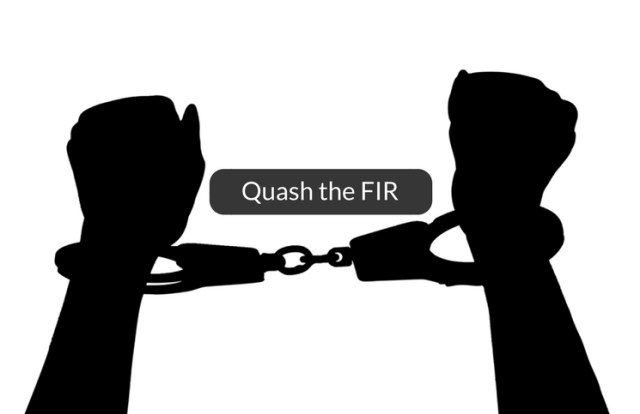In the present case, the petition arises out of the same crime number and hence they are clubbed together and decided by a common order. The applicants applied Sec-482 to quash the proceedings dated 08.08.2018 arisen out of the offences punishable under Sections 323, 504, 506, 498A of IPC one punishable under Section 3/4 of Dowry Prohibition Act.
The parties have filed compromise applications, praying that the parties have buried the differences and have settled the dispute amicably. The compromise is notarised by the Notary.
The offences under Sections 323, 504 and 504 IPC are compoundable offences within the scheme of Section 320 Cr.P.C. whereas offences punishable under Section 498-A IPC and Section 3/4 Dowry Prohibition Act are non-compoundable. The present matter relates to a matrimonial discord that has now been amicably settled between the parties and a compromise between them.
According to the Apex Court to secure the ends of justice, quashing of FIR becomes necessary, Section 320 Cr.P.C. would not be a bar to the exercise of the power of quashing. It is, however, a different matter depending upon the facts and circumstances of each case whether to exercise or not such a power.
Also according to the principle established by the Apex Court,” the power of the High Court in quashing a criminal proceeding or FIR or complaint in exercise of its inherent jurisdiction is distinct and different from the power given to a criminal court for compounding the offences under Section 320 of the Code. Inherent power is of wide plenitude with no statutory limitation but it has to be exercised in accord with the guideline engrafted in such power;
- to secure the ends of justice or
- to prevent abuse of the process of any Court
The court held that the complainant has settled the dispute amicably with the applicants and does not want to prosecute the applicants further, therefore, the complainant should be permitted to compound such offences against the applicants.
Hence the Compromise is allowed.


